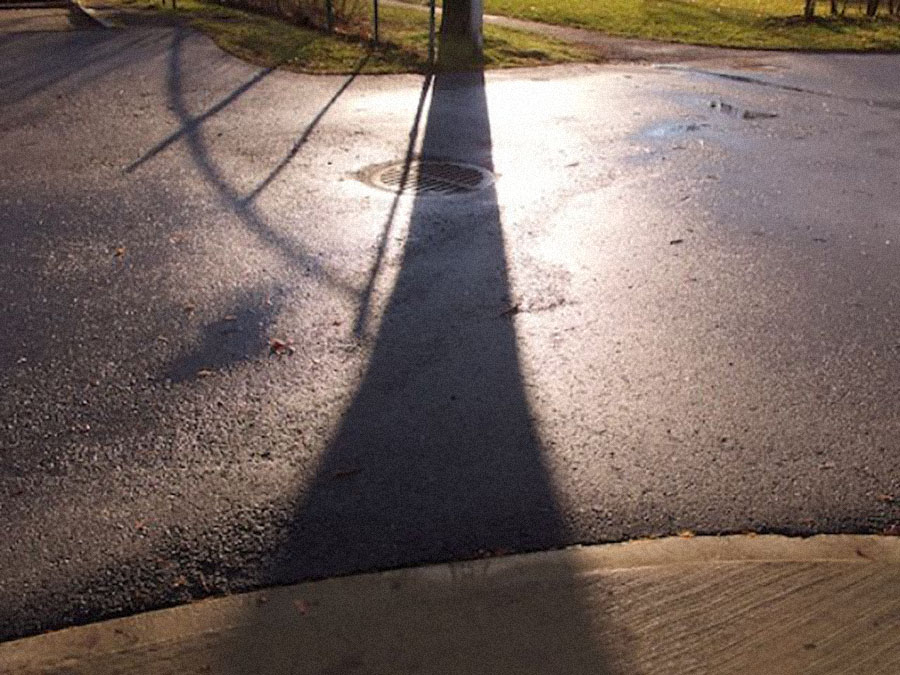
The grief of others
I went to the funeral of my cousin Christian, who died prematurely at 35. Since the family on my mother’s side is very large, I have many cousins I don’t know, including this Christian whom I probably saw just two or three times, and at a very young age. I only saw him once, as an adult, about ten years ago. He was a very handsome man. End of story.
So I went to the funeral with my sisters to tell his parents, those we know, our uncle Alain and his wife, Jocelyne, how sorry we are. There was Christian’s son, Mathis, eight years old, and Christian’s wife, Catherine, I believe. The latter was indeed still in shock. She seemed void of emotion and grief, at the funeral home and in the church, expressing nothing as if she didn’t appreciate all this noise around her drama. I understand her. It will take courage and, unconsciously, she realizes it. May life help her.
As for my uncle, a real Giguère in his stature and presence, you had to see him in church, pulling his son’s coffin, out in tears, with his other son, on the other side of the grave, to resist as best as he could the calls of pain.
Jocelyne, the mother, stoic, was undoubtedly exhausted. All these people to thank, all this pain to calm, this immense wound, the other side of childbirth. If a mother can console herself with the courage of a son who has met death in battle, how can she accept that the Great Reaper has only insolently slashed a young man in his bed, without apparent necessity?
For the rest, the church (in which I was baptized), the priest, was the usual empty ritual of a religion that had never stopped promising what it does not seem to believe itself anymore. The testimonies felt by the parents, distorted by the submission and anger of a Job, were more edifying. Nevertheless, the priest must be congratulated for approaching the young Mathis and giving him a speech commensurate with his understanding. The little boy seemed happy to cling to the priest’s pretty fable. And that’s the way it should be.
We can’t talk enough about people’s grief. Let us be clear: it is always talked about, but it is often wasted under challenging explanations, in religious fables. Perhaps my own text is no exception.
It is enough to discuss briefly with the older ones, those who are, in theory, closer to death than I am, to feel this silent protest from the living. No matter how much we say, believe, no promise can reduce our anger at knowing that one day, we will no longer be able to be amazed.

